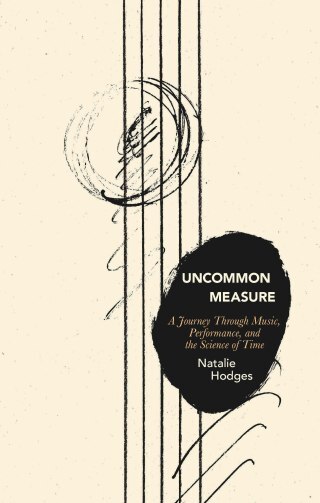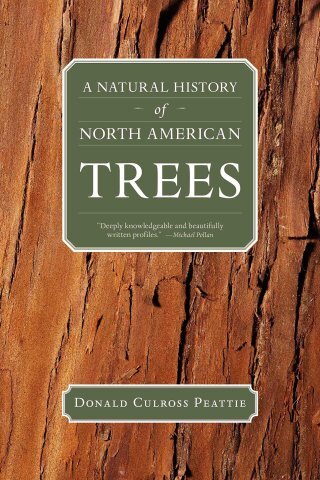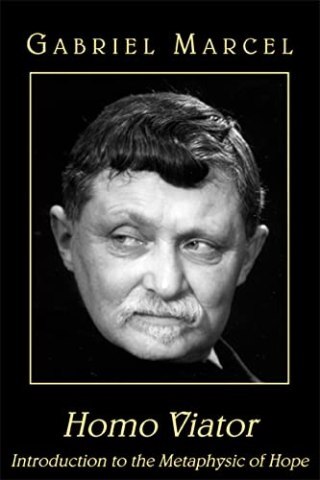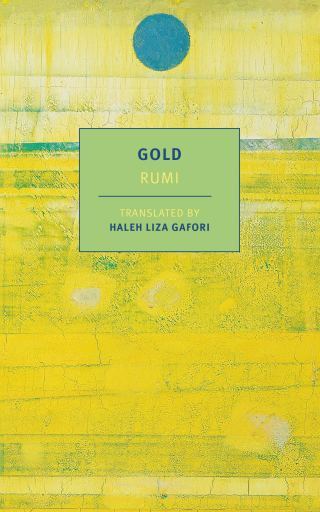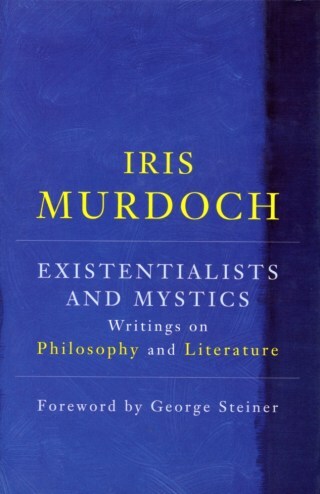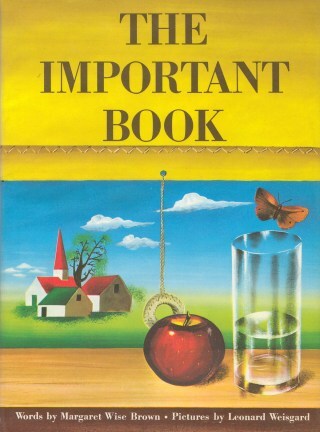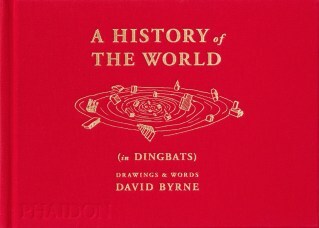Maria Popova's Blog, page 72
April 12, 2022
We Are Made of Music, We Are Made of Time: Violinist Natalie Hodges on the Poetic Science of Sound and Feeling
In her 1942 book Philosophy in a New Key, the trailblazing philosopher Susanne Langer defined music as “a laboratory for feeling and time.” But perhaps it is the opposite, too — music may be the most beautiful experiment conducted in the laboratory of time.
In “the wordless beginning,” spacetime itself was crumpled and co...
April 7, 2022
The More Loving One: The Science of Entropy and the Art of Alternative Endings
This is the seventh of nine installments in the animated interlude season of The Universe in Verse in collaboration with On Being, celebrating the wonder of reality through stories of science winged with poetry. (The live season is back on.) See the previous installments here.
THE ANIMATED UNIVERSE IN VERSE: CHAPTER SEVEN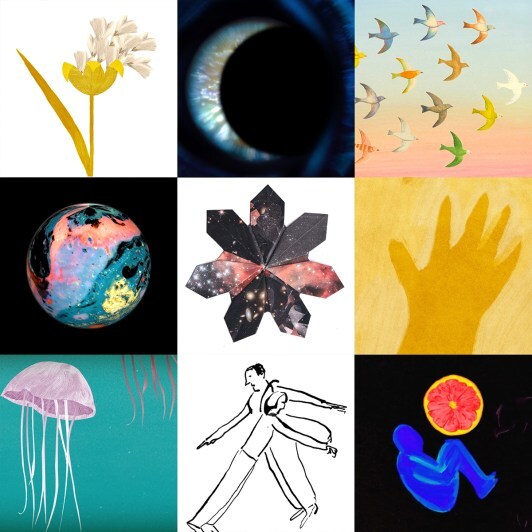 In 1865 — a year before the German marine biologist Ernst Haeckel coined the word ecology, the year Emily Dickin...
In 1865 — a year before the German marine biologist Ernst Haeckel coined the word ecology, the year Emily Dickin...
How to Face the Centuries with Confidence: The Mystery of the World’s Most Majestic Tree
“A tree is a little bit of the future,” Wangari Maathai reflected as she set out to plant the million trees that won her the Nobel Peace Prize. But a tree is also an enchanted portal to the past — a fractal reach beyond living memory, beyond our human histories, into the “saeculum” of time.
In a scientific sense, a tree is both a perpetual death and ...
April 5, 2022
Hope, Love, and the Remedy for Despair, from Gabriel Marcel to Nick Cave
The capacity for hope is not merely a hallmark of human consciousness — it is the supreme umbilical cord between consciousnesses. To place our hope in another person is to instantly entwine destinies, linking self and other in a tender and tenacious recognition of interdependence. All love is a form of ...
April 2, 2022
The Art of Choosing Love Over Not-Love: Rumi’s Antidote to Our Human Tragedy
“What exists, exists so that it can be lost and become precious,” Lisel Mueller wrote in her short, stunning poem about what gives meaning to our mortal lives.
To become precious — that is the work of love, the task of love, the great reward of love. The recompense of death. The human miracle that makes the transience of life not only bearable but beautiful.
It is heartbreaking enough that we do lo...
March 30, 2022
Against the Gods: Iris Murdoch on Truth, the Meaning of Goodness, and How Attention Unmasks the Universe
When Nietzsche weighed our human notion of truth, he regarded it as “a movable host of metaphors, metonymies, and anthropomorphisms: in short, a sum of human relations which have been poetically and rhetorically intensified, transferred, and embellished.” This is true...
March 27, 2022
Margaret Wise Brown and the Puzzle of What Makes a Thing Itself (and You Yourself)
“What is essential is invisible to the eye,” Antoine de Saint-Exupéry wrote as he contemplated the meaning of life in one of humanity’s greatest works of philosophy disguised as a children’s book.
The challenge, of course, is that what is essential — about the totality of life, as about every littlest thing in it — is not easily visible, largely because nothing is actually reducible, or should be reduced, to an essence: to a single point of truth, a particula...
Margaret Wise Brown and the Puzzle of What Makes a Thing Itself (or You Yourself)
“What is essential is invisible to the eye,” Antoine de Saint-Exupéry wrote as he contemplated the meaning of life in one of humanity’s greatest works of philosophy disguised as a children’s book.
The challenge, of course, is that what is essential — about the totality of life, as about every littlest thing in it — is not easily visible, largely because nothing is actually reducible, or should be reduced, to an essence: to a single point of truth, a particula...
March 25, 2022
Dirge Without Music: Emmy Noether, Symmetry, and the Conservation of Energy (Amanda Palmer Reads Edna St. Vincent Millay, Animated by Sophie Blackall)
This is the sixth of nine installments in the animated interlude season of The Universe in Verse in collaboration with On Being, celebrating the wonder of reality through stories of science winged with poetry. See the rest here.
THE ANIMATED UNIVERSE IN VERSE: CHAPTER SIXAs he was revolutionizing our understanding of reality, Albert Einstein kept stumbling over one monolith of mystery — why is it tha...
March 24, 2022
We Can Be Different: David Byrne’s Illustrated History of the Future
“Beauty is truth, truth beauty, — that is all ye know on earth, and all ye need to know,” Keats wrote in the closing lines of his “Ode to a Grecian Urn” in the spring of 1819, in the spring of modern science. Humanity was coming abloom with new knowledge of reality as astronomy was supplanting the superstitions of astrology and chemistry was rising form the primordia...

